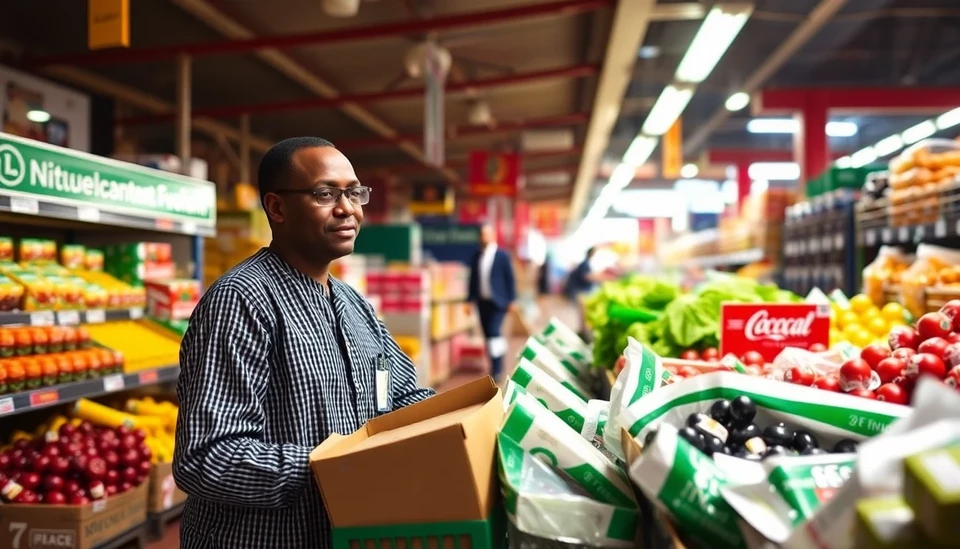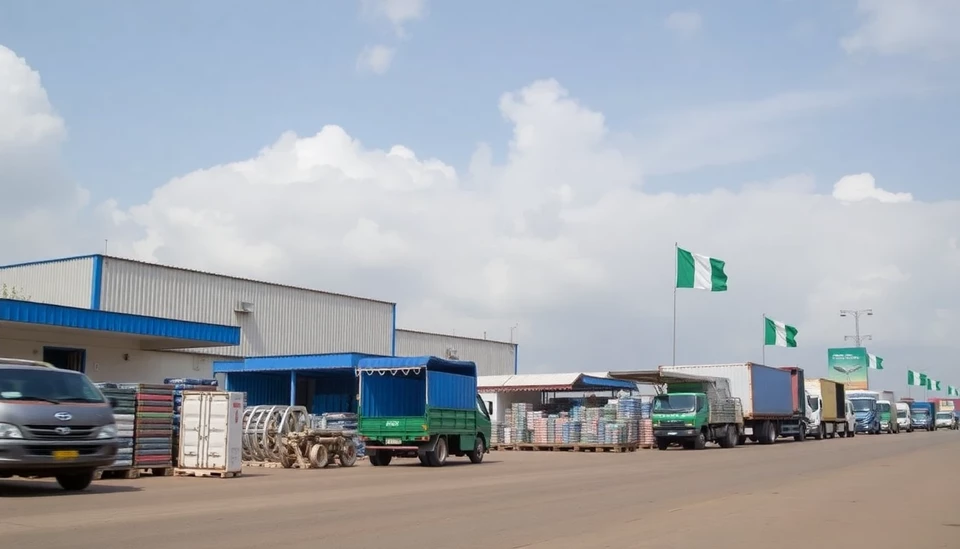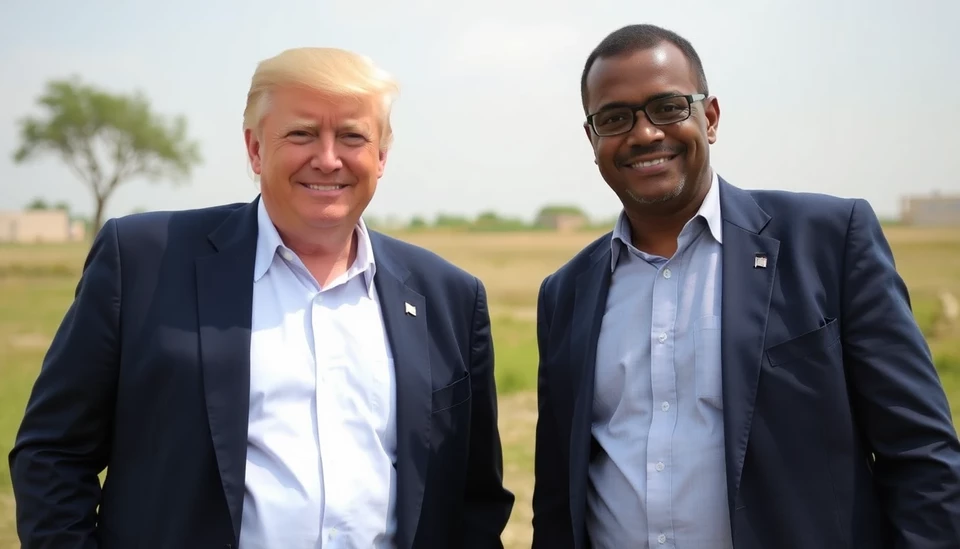
Nigeria's government is facing mounting pressure as it continues to overlook its commitment to implementing duty-free food waivers, a crucial policy designed to alleviate the mounting food prices burdening its citizens. Despite soaring inflation and escalating costs of essential commodities, the administration's inaction raises serious concerns over its ability to respond to the needs of its people effectively.
Recent reports indicate that Nigerian citizens have been grappling with unprecedented price hikes across various food products, a situation compounded by the global economic downturn and local supply chain disruptions. The current inflation rate, which has reached alarming heights, has left countless families struggling to afford basic necessities. In this challenging environment, the government's failure to roll out duty-free waivers for food items is becoming increasingly problematic.
Established to mitigate the economic strain caused by fluctuating prices and supply chain issues, these waivers were designed to enable the importation of essential foodstuffs without the burden of tariffs. However, the Nigerian administration's lack of decisive action on this front has left many questioning the effectiveness of its economic policies in addressing the country’s pressing food security challenges.
Experts assert that the absence of these waivers could exacerbate the already critical food crisis in Nigeria, where millions are facing hunger and malnutrition. The ongoing battle against inflation, particularly in the food sector, has prompted numerous stakeholders—including citizens, agricultural producers, and economists—to call for immediate governmental intervention.
Critics argue that the government’s inaction showcases a disconnect between policymakers and the realities faced by ordinary Nigerians. They emphasize that without swift and effective measures, including the immediate implementation of duty-free waivers, the situation is likely to worsen. Calls for transparency and accountability in Nigeria’s economic management have intensified as citizens demand more proactive solutions to their everyday struggles.
The implications of the government's failure to act could extend beyond the current crisis. If food prices continue to soar unchecked, the ramifications may include increased social unrest and a deeper economic downturn. Many fear that the current trajectory could lead to widespread dissatisfaction with the government and its economic policies, further destabilizing an already fragile situation.
As Nigeria grapples with these challenges, the hope remains that the administration will finally heed the calls for action and implement the necessary reforms to support its citizens effectively. The urgency of the situation cannot be understated, as Nigeria stands at a crossroads, with the choices made in the coming months having significant implications for the future stability and prosperity of the nation.
In conclusion, without decisive action to activate the duty-free food waivers and address rising food prices, Nigeria risks failing to meet the expectations of its people, who are increasingly disillusioned by the government’s ability to manage its economic challenges.
#Nigeria #FoodSecurity #EconomicCrisis #Inflation #GovernmentAction #DutyFreeWaivers
Author: Laura Mitchell




